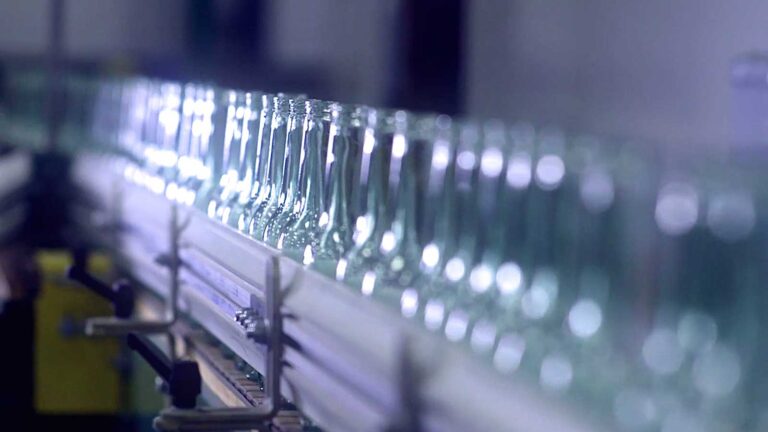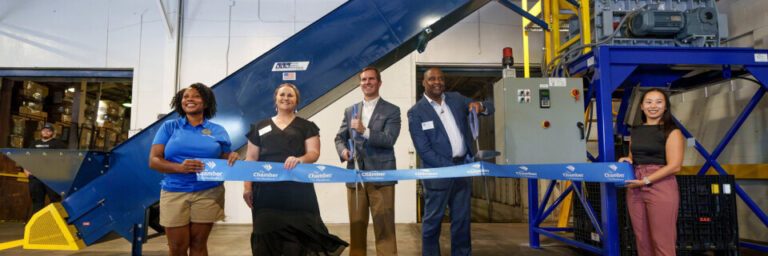Please continue to recycle—and tell everyone you know to do the same. O-I, other glass manufacturers, and the European and United States-based glass trade organizations have come together to remind consumers and municipalities that, even during the COVID-19 health crisis, recycling is important and needed.
Glass is endlessly recyclable, and materials from a recycled glass bottle can go from the recycling bin back to the store shelf in as little as 30 days. Recycled glass makes up a sizeable portion of new glass containers. Globally, O-I glass products contain an average of 38% post-consumer recycled glass. In Europe, O-I has produced bottles made of up to 90% recycled glass.
Glass container manufacturers increasingly rely on recycled content as a key component of their supply chains. Allowing the COVID-19 crisis to interrupt recycling habits and practices, from consumers and businesses who recycle to the municipalities and haulers that organize and process it, disrupts the supply of recycled glass. Many restaurants, bars, casinos, and other retailers who normally produce a lot of recyclable glass are closed. Some waste companies have reduced or stopped recycling. The need for recycled glass is greater than ever.
“If recycling is interrupted, then a key ingredient in raw materials is removed from that chain,” Randy Burns, vice president of government affairs at O-I Glass, told Waste360.
When the availability of recycled glass drops, more raw materials like sand and limestone have to be mined from the earth to make up for loss of recycled materials.
The Glass Packaging Institute (GPI), the European Container Glass Federation FEVE, and the European association of glass recycling containers FERVER released a joint statement April 6 encouraging waste collectors and municipalities do what they can to ensure glass recycling continues.
“The role of recycling in the supply chain of glass packaging is crucial,” the trade groups say. “Glass recyclers and manufacturers need high-quality material in order to produce high-quality jars, bottles and containers. We therefore encourage governments to continue their recycling programs especially during this critical time, so that glass manufacturers can remake new, safe products that support the global health system and our food, beverage and pharmaceutical industries.”
GPI says several states, like Oregon and Michigan, were already operating a low- or no-contact bottle return system before the health crisis. The trade org wants to think of ways retailers can institute similar systems.
Glass container package manufacturing supports the food and beverage industry, which many governments have deemed as essential businesses during COVID-19.
O-I is working to educate cities, haulers and processors about why glass recycling is valuable for the big picture.
“All these disruptions are happening so quickly,” Burns says. “It is extremely important to understand that recycling cannot be an afterthought.”






